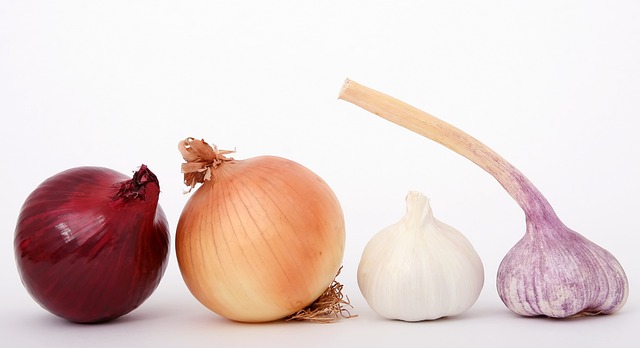Local food delivery and meal preparation services have become an indispensable support system for seniors, providing them with access to nutritious meals tailored to their dietary needs, including various health conditions such as hypertension, diabetes, and heart problems. These services, which leverage fresh ingredients from local farms and markets, offer meal solutions that are either ready-to-eat or simple to prepare, thereby addressing the challenges faced by older adults in grocery shopping and cooking. By doing so, they not only ensure better nutrition but also help bolster the local economy, foster community connections, and reduce carbon emissions associated with food transportation. These services also offer the advantage of customization, allowing seniors to select meals that align with their dietary restrictions or preferences, thus promoting both health and independence. The integration of technology in these services streamlines the process from farm to table, enhancing the quality of produce while maintaining a focus on environmental sustainability. Overall, local food delivery and meal preparation options represent a multifaceted solution that significantly improves the quality of life for seniors and supports sustainable practices within our communities.
As the population ages, ensuring nutritious and accessible meals becomes a pivotal aspect of maintaining health and well-being. This article delves into the multifaceted role of senior meal delivery programs, spotlighting how local food delivery services and specialized meal preparation are revolutionizing dietary support for seniors. We will explore the significant impact these services have on nutrition, examine tailored solutions that cater to unique dietary needs, and discuss the growing integration of Community-Supported Agriculture (CSA) in these programs. Join us as we uncover the key elements that make local food delivery and meal preparation vital components in enhancing senior living and health outcomes.
- Exploring the Impact of Local Food Delivery on Senior Nutrition
- Meal Preparation Services: Tailored Solutions for Seniors' Dietary Needs
- Community-Supported Agriculture (CSA) and Its Role in Senior Meal Programs
Exploring the Impact of Local Food Delivery on Senior Nutrition

Local food delivery services have become a vital lifeline for many seniors, enhancing their access to nutritious meals. These services, which source fresh produce and ingredients from local farms and markets, offer a range of benefits tailored to the dietary needs and preferences of older adults. By providing ready-to-eat or easy-to-prepare meals, these programs ensure that seniors receive well-balanced nutrition without the burden of grocery shopping, meal preparation, or the challenges posed by mobility issues. The freshness of local ingredients often means higher nutritional value, as food loses vitamins and minerals over time. Furthermore, local food delivery services can support the local economy, foster community connections, and reduce the carbon footprint associated with long-distance transportation. Seniors benefit from the convenience of having meals designed to address common health concerns such as hypertension, diabetes, and heart conditions. These services not only improve overall well-being but also provide a platform for seniors to maintain independence and dignity in their golden years. Meal preparation options that cater to specific dietary restrictions or preferences allow seniors to tailor their diets to suit their health needs, making local food delivery a versatile solution for ensuring the nutritional well-being of our aging population.
Meal Preparation Services: Tailored Solutions for Seniors' Dietary Needs

Community-Supported Agriculture (CSA) and Its Role in Senior Meal Programs

In conclusion, the senior meal delivery programs, encompassing local food delivery and tailored meal preparation services, play a pivotal role in ensuring seniors receive nutritious meals that cater to their unique dietary requirements. The integration of Community-Supported Agriculture (CSA) further enhances these initiatives, fostering a direct link between producers and consumers. Through these programs, seniors not only have access to fresh, local produce but also contribute to supporting local farmers and sustaining environmentally friendly agricultural practices. The evidence presented underscores the importance of such services in promoting healthy aging and well-being within communities. As demographics shift and the senior population grows, the relevance and expansion of these meal delivery solutions will become increasingly crucial for maintaining the health and vitality of older adults.
